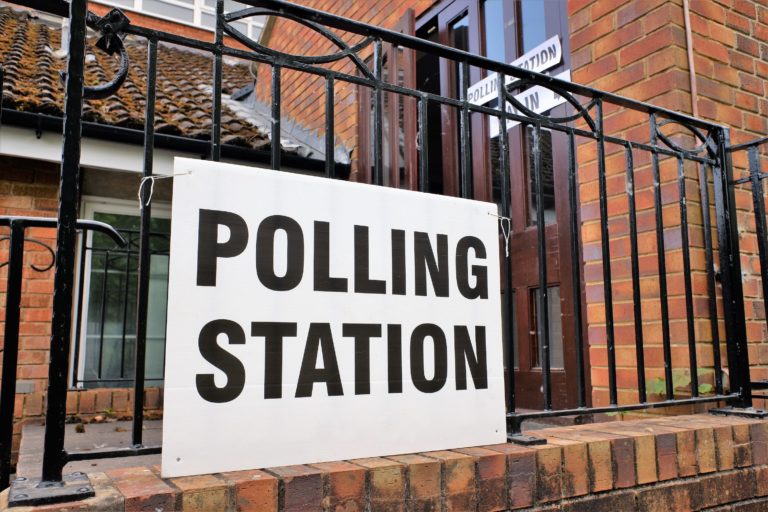Could the General Election have an impact on your mortgage?
With voting taking place next week for the General Election, many homeowners and prospective buyers are wondering how the results might impact their mortgages.
The election could bring significant changes to economic policies, interest rates, and housing market regulations, all of which can influence mortgage rates and lending criteria. Understanding these potential impacts can help you make informed decisions about your mortgage.
Economic Policies and Interest Rates
One of the primary ways a general election can affect mortgages is through changes in economic policies. Different political parties have varying approaches to fiscal and monetary policies, which can influence the Bank of England’s decisions on interest rates. For example, a government focused on increased public spending might lead to higher inflation, prompting the Bank of England to raise interest rates to control inflation. Higher interest rates typically lead to increased mortgage rates, making borrowing more expensive for consumers¹.
Conversely, a government that prioritises austerity and reducing public debt might result in lower inflation and interest rates, potentially making mortgages more affordable. However, this could also lead to slower economic growth, which might impact employment and wage growth, affecting borrowers’ ability to secure and repay mortgages².
Housing Market Regulations
The general election can also lead to changes in housing market regulations. Political parties often propose different policies aimed at addressing housing shortages, affordability, and homeownership rates. For instance, one party might focus on building more affordable housing and offering subsidies or tax incentives to first-time buyers. Such policies can increase the supply of homes and make it easier for people to get on the property ladder, potentially stimulating the housing market³.
On the other hand, another party might propose stricter regulations on property investments, such as higher taxes on second homes or foreign investments in real estate. These measures could cool down the housing market, leading to slower price growth or even price declines in some areas. Changes in the housing market can directly affect mortgage lenders’ risk assessments and the availability of mortgage products⁴.
Market Sentiment and Consumer Confidence
Elections often bring uncertainty, which can impact market sentiment and consumer confidence. Before and after an election, there can be fluctuations in financial markets as investors react to potential policy changes. This volatility can affect mortgage rates, particularly fixed-rate mortgages, as lenders price in the risk of economic instability⁵.
Consumer confidence also plays a crucial role. If the election results lead to uncertainty or concerns about economic stability, potential homebuyers might delay their purchase decisions, leading to a temporary slowdown in the housing market. Conversely, a clear and decisive election outcome that instils confidence in economic stability can boost the housing market, as more people feel secure in making significant financial commitments like taking out a mortgage⁶.
The Value of Mortgage Advice
Regardless of the outcome of the general election – one thing remains certain, that it’s never been more important to seek professional mortgage advice for your circumstances, and this is where we are able to help you with bespoke advice tailored to your own situation.
We’ll keep an eye on the market – whether it’s changing interest rate decisions from the Bank of England, new economic policies or housing initiatives that may be applicable to you, simply keep in touch and we’ll be able to keep you informed of the major updates that affect you when it comes to making your next decision on your mortgage.
Think carefully before securing other debts against your home. Your home may be repossessed if you do not keep up repayments on a mortgage or other debt secured on it.
Sources
- Bank of England. (2023). Monetary Policy Report. Available at: www.bankofengland.co.uk [Accessed 20 Jun. 2024].
- Office for National Statistics. (2023). UK Labour Market Overview. Available at: www.ons.gov.uk[Accessed 20 Jun. 2024].
- Ministry of Housing, Communities & Local Government. (2023). Housing supply; net additional dwellings, England: 2022-23. Available at: www.gov.uk [Accessed 20 Jun. 2024].
- Financial Times. (2023). UK election 2023: Economic implications and market reactions. Available at: www.ft.com [Accessed 20 Jun. 2024].
Please be aware that by clicking on to any of the above links you are leaving our website. Please note that neither we nor HL Partnership Limited are responsible for the accuracy of the information contained within the linked site(s) accessible from this page.
All the information in this article is correct as of the publish date 27th June 2024. The opinions expressed in this publication are those of the authors. The information provided in this article, including text, graphics and images does not, and is not intended to, substitute advice; instead, all information, content, and materials available in this article are for general informational purposes only. Information in this article may not constitute the most up-to-date legal or other information.





